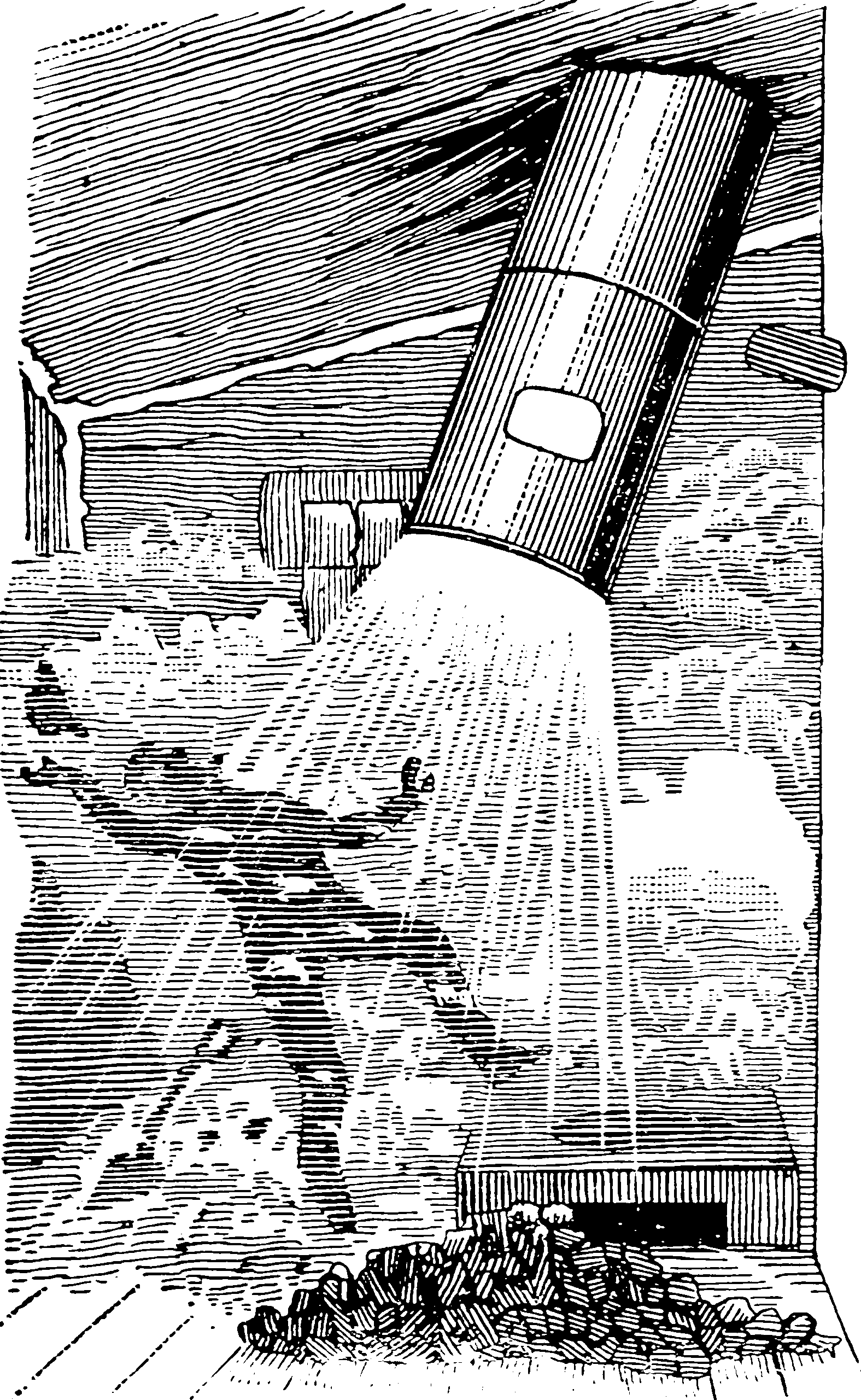Particle Markov Chain Monte Carlo
Particle systems as MCMC proposals
July 25, 2014 — April 8, 2022
algebra
approximation
Bayes
distributed
dynamical systems
generative
graphical models
machine learning
Monte Carlo
networks
optimization
probabilistic algorithms
probability
signal processing
state space models
statistics
stochastic processes
swarm
time series
Suspiciously similar content
Particle filters inside general MCMC samplers. Darren Wilkinson wrote a series of blog posts introducing this idea:
- MCMC, Monte Carlo likelihood estimation, and the bootstrap particle filter
- The particle marginal Metropolis-Hastings (PMMH) particle MCMC algorithm
- Introduction to the particle Gibbs Sampler
Turns out to be especially natural for, e.g. change point problems.
1 References
Andrieu, Doucet, and Holenstein. 2010. “Particle Markov Chain Monte Carlo Methods.” Journal of the Royal Statistical Society: Series B (Statistical Methodology).
Ashton, Bernstein, Buchner, et al. 2022. “Nested Sampling for Physical Scientists.” Nature Reviews Methods Primers.
Chopin, and Singh. 2015. “On Particle Gibbs Sampling.” Bernoulli.
Devlin, Horridge, Green, et al. 2021. “The No-U-Turn Sampler as a Proposal Distribution in a Sequential Monte Carlo Sampler with a Near-Optimal L-Kernel.”
Godsill, Doucet, and West. 2004. “Monte Carlo Smoothing for Nonlinear Time Series.” Journal of the American Statistical Association.
Lindsten, Jordan, and Schön. 2014. “Particle Gibbs with Ancestor Sampling.” arXiv:1401.0604 [Stat].
Lindsten, and Schön. 2012. “On the Use of Backward Simulation in the Particle Gibbs Sampler.” In 2012 IEEE International Conference on Acoustics, Speech and Signal Processing (ICASSP).
Salomone, South, Drovandi, et al. 2018. “Unbiased and Consistent Nested Sampling via Sequential Monte Carlo.”
Whiteley, Andrieu, and Doucet. 2010. “Efficient Bayesian Inference for Switching State-Space Models Using Discrete Particle Markov Chain Monte Carlo Methods.” arXiv:1011.2437 [Stat].
